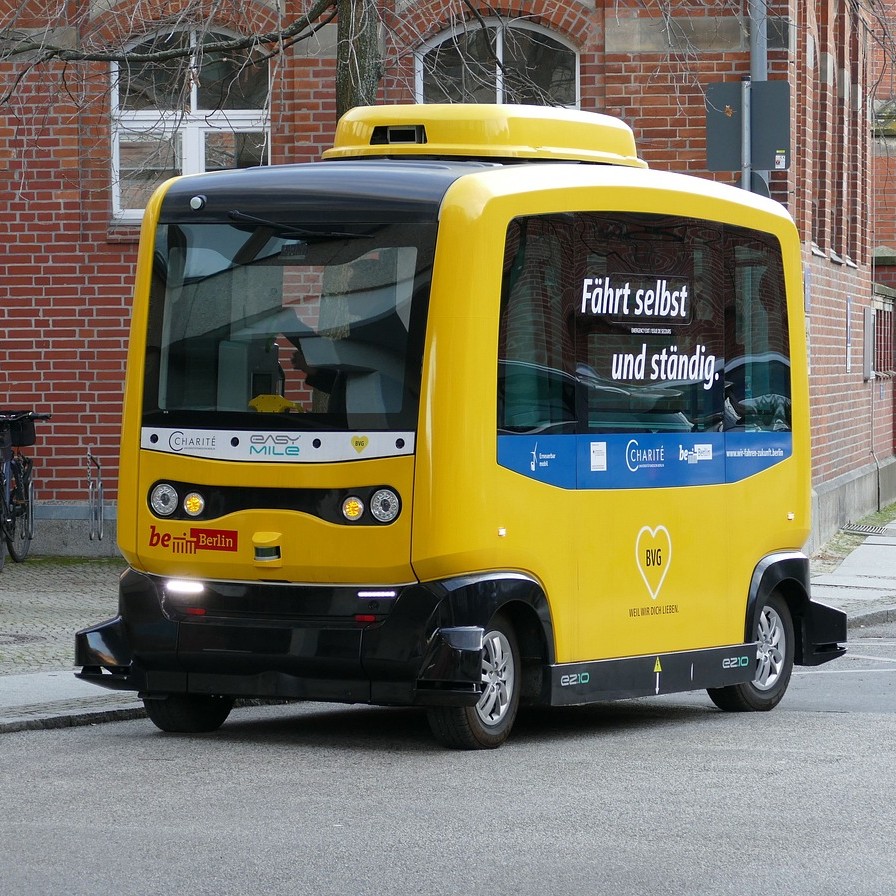Published:
Autonomous or self-driving cars were once an idea in a sci-fi movie. Even if this seems like a farfetched idea, we see autonomous transit starting in more locations worldwide.
This past week, Tesla, one of the top 15 companies in the world based on market cap, invested most of their future in expanding their autonomous driving capabilities. Other companies, such as Waymo and Baidou, have also proved themselves leaders in the autonomous car industry. As Tesla rolls out new plans for expansion in the sector, the rollout of autonomous vehicles has intensified into a race.
In early October, the EV super giant Tesla unveiled their highly expected “robotaxi.” The company has proposed the idea of an autonomous taxi for years, and the past week was the first public look at the vehicle. Elon Musk, the Tesla CEO, plans to start production of the robotaxi in 2026, and the projected cost is $30,000. He also said that the operating cost of these taxis would be around 20 cents per mile, which is lower than the operating cost of a transit bus, which costs around 85 cents per mile.
While Tesla seems optimistic about beginning production in 2026 and availability starting before 2027, this wouldn’t be the first time Tesla set optimistic expectations for their autonomous taxi service. In 2019, Tesla was confident they would have an operational robotaxi by 2020. Tesla has relatively the most significant buzz in autonomous driving around the world. While Tesla has large aspirations, other companies worldwide have more substantial uses of autonomous taxis.
Autonomous taxi services worldwide have been on the rise for a while now. While Tesla has prototypes and aspirations, some companies have already set up sites with autonomous taxi services. The largest self-driving taxi service in the US currently is Waymo, a subsidiary of Google. Waymo offers an autonomous taxi service in San Francisco, Phoenix, and Los Angeles. Waymo has been offering autonomous services since 2020 and claims to offer 100,000 weekly trips.
Waymo isn’t the only brand boasting a large operation of robotaxis. Baidu, a Chinese technology company, holds the most significant autonomous fleet in the world. Baidu is operational in 16 different cities in China. They also have plans to expand abroad to Hong Kong shortly. Chinese companies have the largest share of the world market for autonomous driving, and many companies are moving to an international size brand. Pony.ai, another Chinese company, has started markets in Saudi Arabia, South Korea, and Singapore.
While all these companies are focused on the progress autonomous driving can bring to the private sector, there are also places trying to find strides in public transportation. Around the world, many cities have tested adding autonomous shuttle buses to their public transit operations. In Hamburg, Germany, 120 self-driving buses are operational, and the fleet size is expected to increase to 2,000 by 2030. In Detroit, Michigan, “The Connect” is an autonomous shuttle bus that runs over 10 miles and 12 hours daily.
Overall, the Market for Autonomous transportation in the public and private sectors has risen over the past couple of years. Companies see this as a large and open market with a lot of open availability. Large companies such as Baidu and Tesla will continue to push headlines and overarching goals in the industry, with smaller companies continuing the push for public use. The market will be exciting over the next decade.
File under






